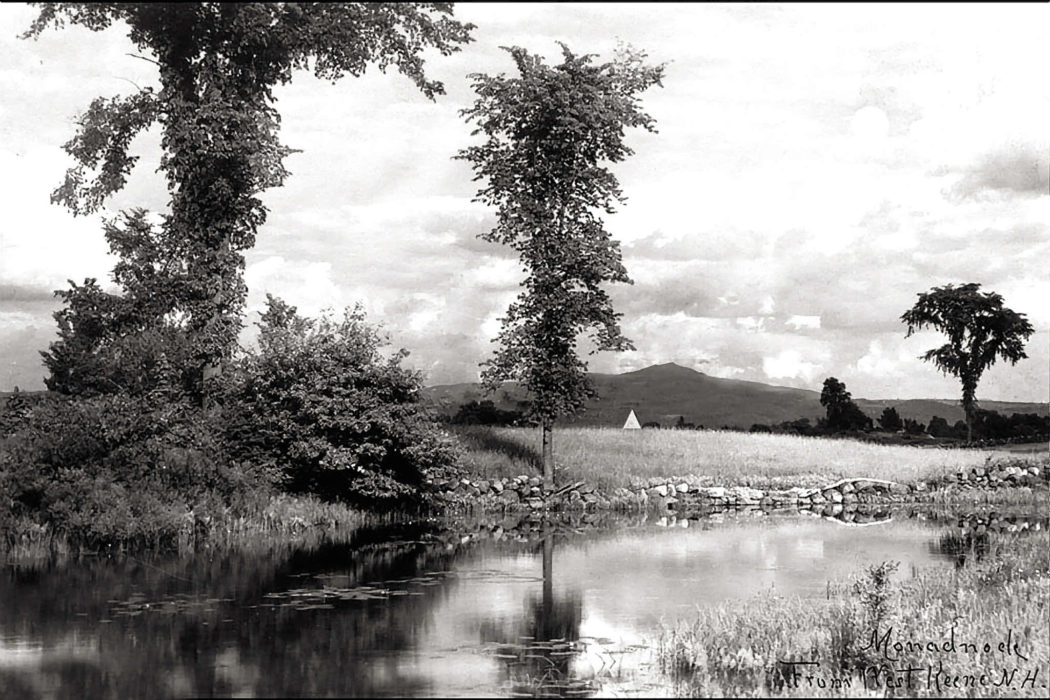AGNES PARSONS AND HER husband, Jeffrey, walk down the hill from Tiny May to Day-Spring to meet ‘Abdu’l-Bahá. They are on their way to the Cabots’ for lunch. The grass is dry and Agnes’s shoes become dusty from the walk. As ‘Abdu’l-Bahá approaches, Agnes asks Jeffrey to clean them off for her. Jeffrey bends down to clean the shoes, and looks up at ‘Abdu’l-Bahá with a humorous expression which, Agnes will recall, “He enjoyed very much.”
In November in Chicago, in front of a group of women, ‘Abdu’l-Bahá will recall the incident with the shoes differently: “I said, ‘Madam! Do you also clean your husband’s shoes?’ She replied that she cleaned his clothes. I said, ‘No, that is not equality. You, too, must clean his shoes.’”
The suffragists are busy in 1912. The women of California won the right to vote on March 28. The suffragists paraded up Fifth Avenue in New York City on May 5. ‘Abdu’l-Bahá has argued vigorously for women’s rights from the first day he landed in America. But his memory of the incident with Agnes Parsons’s shoes in Dublin prompts him to argue for the equal rights of men, too.

“How many men in Europe and America work from morning until evening,” he tells the women in Chicago, “and whatever they save is spent on adornments and jewelry and colorful clothes and the latest fashions for their wives who spend their time in pleasure and enjoyment? In reality, these poor men are servants of their wives.”
“Now then, it would be better if you occasionally stand up for the rights of men,” he says. “A condition must be realized in which the man and woman sacrifice their rights for each other, serve each other with heart and soul and not through force and violence.” ‘Abdu’l-Bahá continues: “Hearts must be attracted to the divine fragrances, so that each one prefers the other to himself.”
Later this month ‘Abdu’l-Bahá will speak to a group in Boston concerning women’s rights. “The realities of things have been revealed in this radiant century,” he will say, “and that which is true must come to the surface. Among these realities is the principle of the equality of man and woman — equal rights and prerogatives in all things appertaining to humanity.”
“But while this principle of equality is true,” he will qualify, “it is likewise true that woman must prove her capacity and aptitude, must show forth the evidences of equality. She must become proficient in the arts and sciences and prove by her accomplishments that her abilities and powers have merely been latent. Demonstrations of force, such as are now taking place in England, are neither becoming nor effective in the cause of womanhood and equality.”
A few days ago, while lunching at the Parsons’ home, Agnes told ‘Abdu’l-Bahá that many women objected to having to say “obey” in the wedding service. ‘Abdu’l-Bahá agreed that the word should be removed, as God intended the man and the woman to be one, and the use of the word “obey” assumes two. “He was profound, joyous, amusing,” Agnes said.






